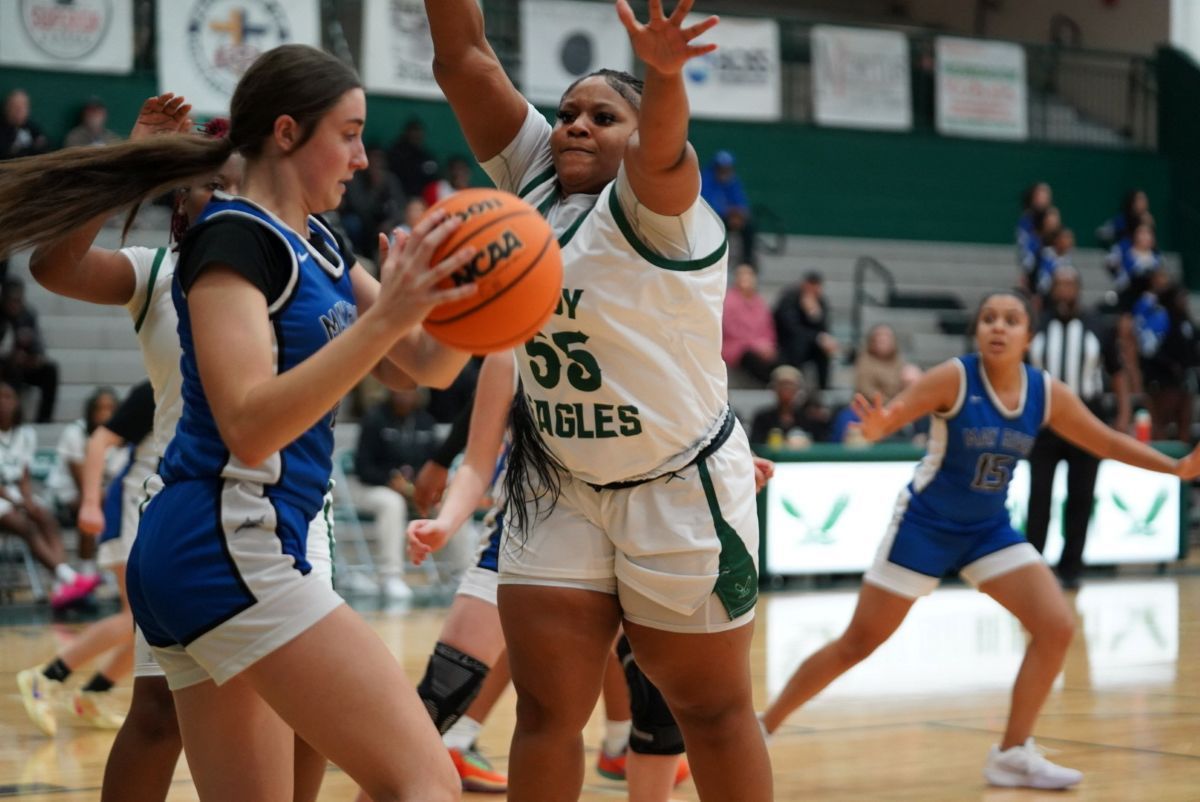By Terry Manning
There is a website I want you to visit. Go to your search engine of choice and type in the phrase “are you press worthy” and press Enter.
With any luck, among the top results will be a link to the Columbia Journalism Review’s “How Much Press Are You Worth?” The online tool will ask you to answer questions about your age, gender, where you live, and race. From this, it calculates the expected amount of news coverage your story would receive if something happened to you.
As a middle-aged Black man living in South Carolina, should I go missing it would barely make the local news, much less national, with almost no chance of my story becoming a media phenomenon. The calculator says I would be mentioned in only six news stories.
The tool’s baseline is a young white woman who, if anything malevolent happened to her, likely would get 120 stories written about her.
I thought about the calculator when I read the story of Carlee Russell, a 25-year-old Alabama woman who went missing last week. According to a release filed by the Hoover Alabama Police Department:
“On 7/13/2023 at approximately 9:34 PM the Hoover 911 Center received a call from a 25-year-old female on I-459 South near mile marker 11 who reported she saw a toddler walking on the side of the interstate. After calling 911 the caller stopped to check on the child and called a family member to report the same details. The family member lost contact with her, but the line remained open. Officers who were already en route to the location of the initial 911 call located the female’s vehicle and some of her belongings nearby, but were unable to find her or a child in the area. Hoover Police have not received any other calls of someone missing a small child.”
Russell’s parents told a local TV station that when she stopped, Carlee was on the phone with her sister-in-law, who heard Carlee’s screams over the open phone line. Various reports state Carlee’s car was still running when police found it.
AL.com reports that earlier on the day of her disappearance, Carlee was in Harpersville, where her interactions with local police left an impression of her being a “smart, courteous” young woman whose “respect, poise [and] good attitude” led to heartbreak when they heard of her disappearance.
The same story reports Carlee is a student at Jefferson State Community College, where she is studying to be a registered nurse. She already has a bachelor’s degree in psychology from Auburn University at Montgomery.
This part of Carlee’s biography stands out to me because I have a niece who is a nurse. I am constantly amazed at the diligence and compassion it takes for someone to enter that profession, especially someone who graduated during the COVID pandemic.
Fairly or unfairly, she has become our family’s go-to when any of us have medical questions. She patiently answers our queries because that’s just the kind of person she is, the same kind of person Carlee is. Someone who would stop because she saw a toddler walking along an interstate in the middle of the night.
More than once, we have had to caution my niece when she has attempted to render aid to strangers. We tell her some people would target her legally as a healthcare professional, and others would target her for abuse just because she Is a Black woman trying to help.
Carlee’s full name is Carlethia Nichole Russell. She’s Black. And despite being 30 years my junior — the calculator says older people are less likely to be covered — the CJR’s tool calculates her “newsworthiness” at the same six stories it gave me. A young, Black woman in Alabama trying to make a career of helping others.
After a couple of frenzied days and nights, Carlee turned up on her family’s doorstep. She was taken to the hospital for observation. As I’m writing, her family has released no information on what happened to her. Like many, I am curious for details.
Others argue we should just be happy she is alive and that to wonder about anything more is obtrusive.
I think questions are natural, especially for those of us who remember the Bible story of the Good Samaritan. We want to believe that compassion still has a place in this mean world and that others will not exploit our desire to help.
Terry E. Manning is a Clemson graduate and worked for 20 years as a journalist. He can be reached at teemanning@gmail.com.







